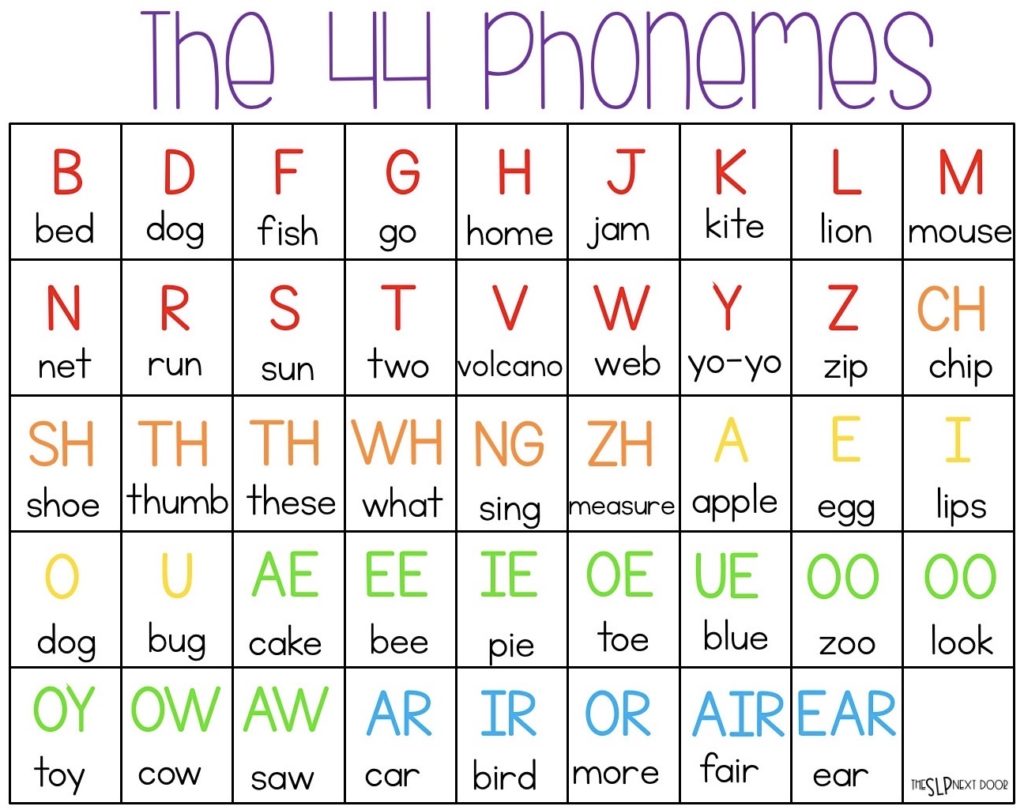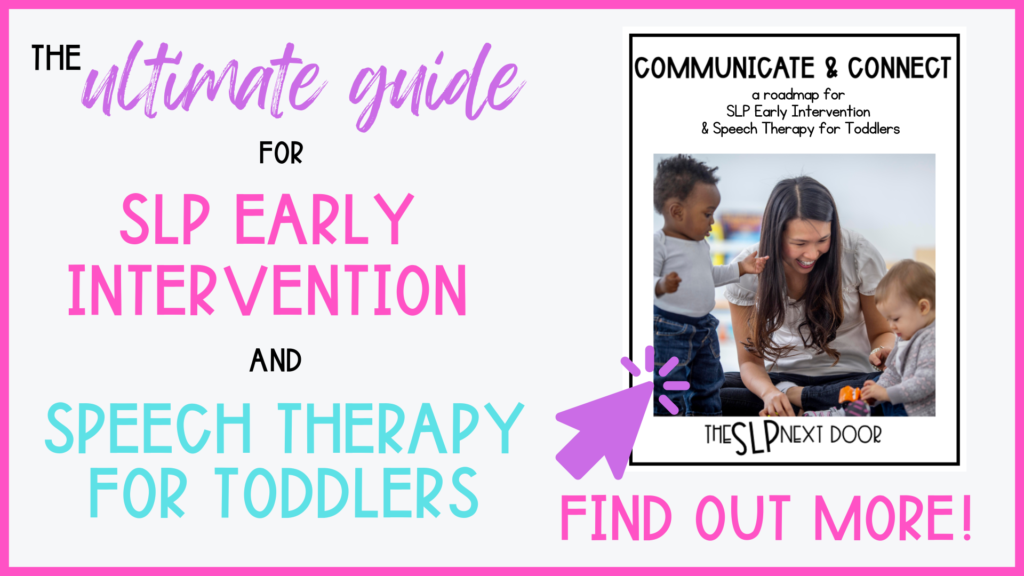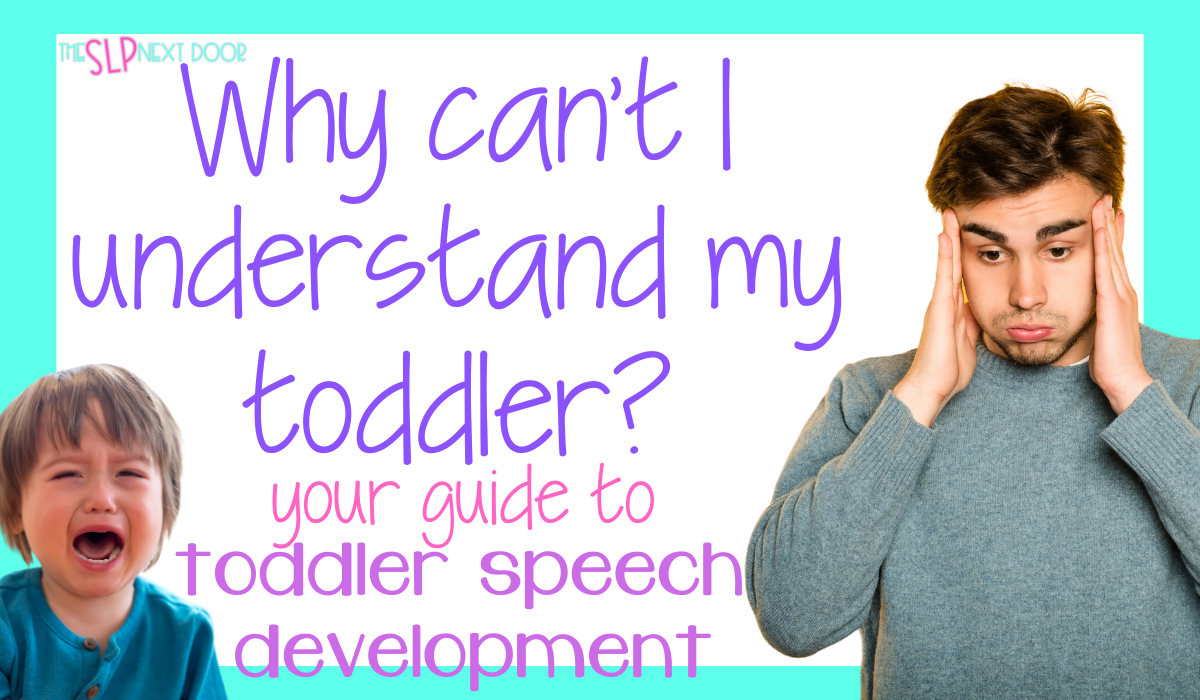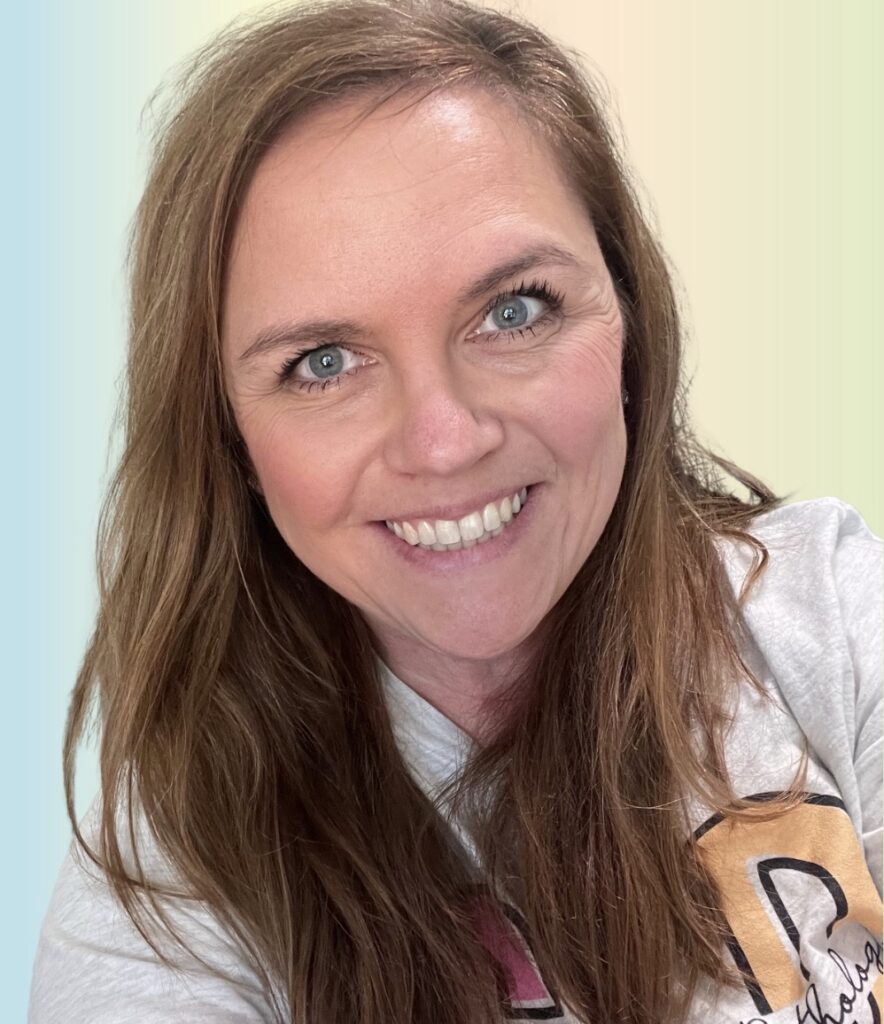Did you know speech development begins in infancy? Surprise! Turns out, there’s more to it than just talking. Speech development impacts literacy skills, language development, and motor skills.
What’s a phoneme?
A phoneme is the smallest unit of language. Phonemes are the individual sounds we use in words when we speak. There are 44 phonemes in the English language. They blend together to form syllables and words.
I know what you might be thinking. 44 phonemes? But there are only 26 letters in the alphabet! Well, when you transcribe words based on their phonemes… you’ll notice there’s a lot variation in how we say sounds.

Some phonemes are represented by individual letters while others combine 2 letters to create a new sound. When it comes to determining intelligibility and articulation, we look at the phonemes, not the letters.
Phonemic Awareness vs Phonological Awareness
Phonemic awareness is how we understand that different sounds can come together to form a new sound or word. Even as infants, we began blending our sounds together creating vocalizations. These vocalizations begin to take new shapes and forms (also called babbling) then partial words, whole words, and finally conversational speech. It is important for spoken language and children’s literacy skills.
Phonological awareness is the ability to blend and dissect phonemes and syllables. It includes rhyming, breaking words into syllables, and alliteration. In other words, a child can take a word and break it apart or transform it into different forms. We lay the foundation for future skills in toddlerhood by singing songs, nursery rhymes, and all those other rhythmic activities toddlers partake in, especially when watching their favorite shows!
What are the phonological processes?
Phonological Processes are errors in word production that occur as toddlers begin to develop their verbal expression skills. Toddlers simplify their speech by using simpler word forms as they learn to use verbal speech.
Several factors contribute to developmental phonological processes, especially a child’s motor development and coordination skills.

As toddler’s motor skills mature, their speech intelligibility also increases. Talking requires a lot of coordination. Stop for a moment and say a few words to yourself (cat, elephant, firetruck)… there’s a lot happening! Your tongue, lips, jaw, and even vocal cords move to make sound happen.
Toddler development all works together- if one thing is behind, there’s a good chance something else will be affected. For example, if a toddler’s language skills or motor skills are developmentally behind, you can expect their speech development to be behind as well.



